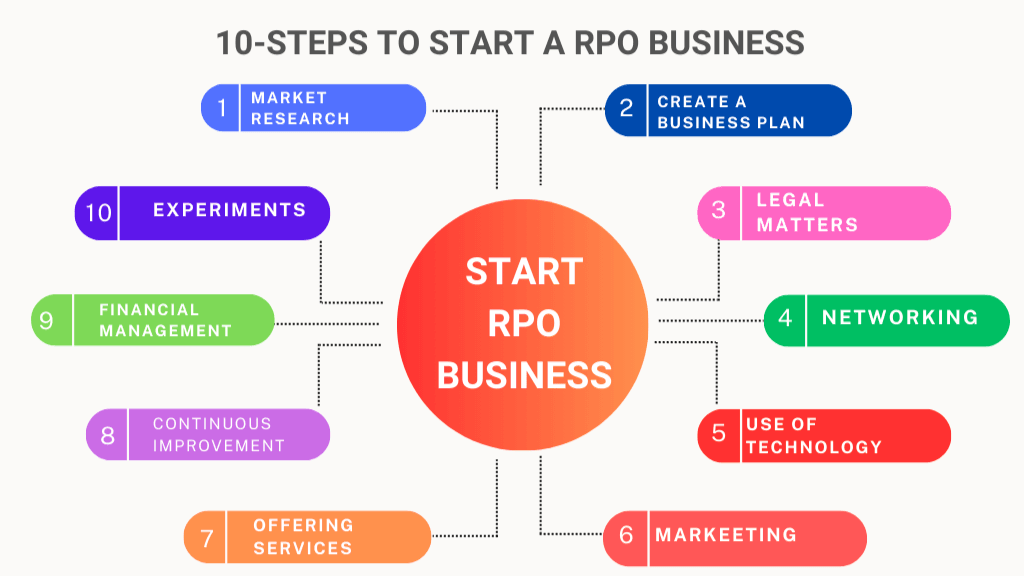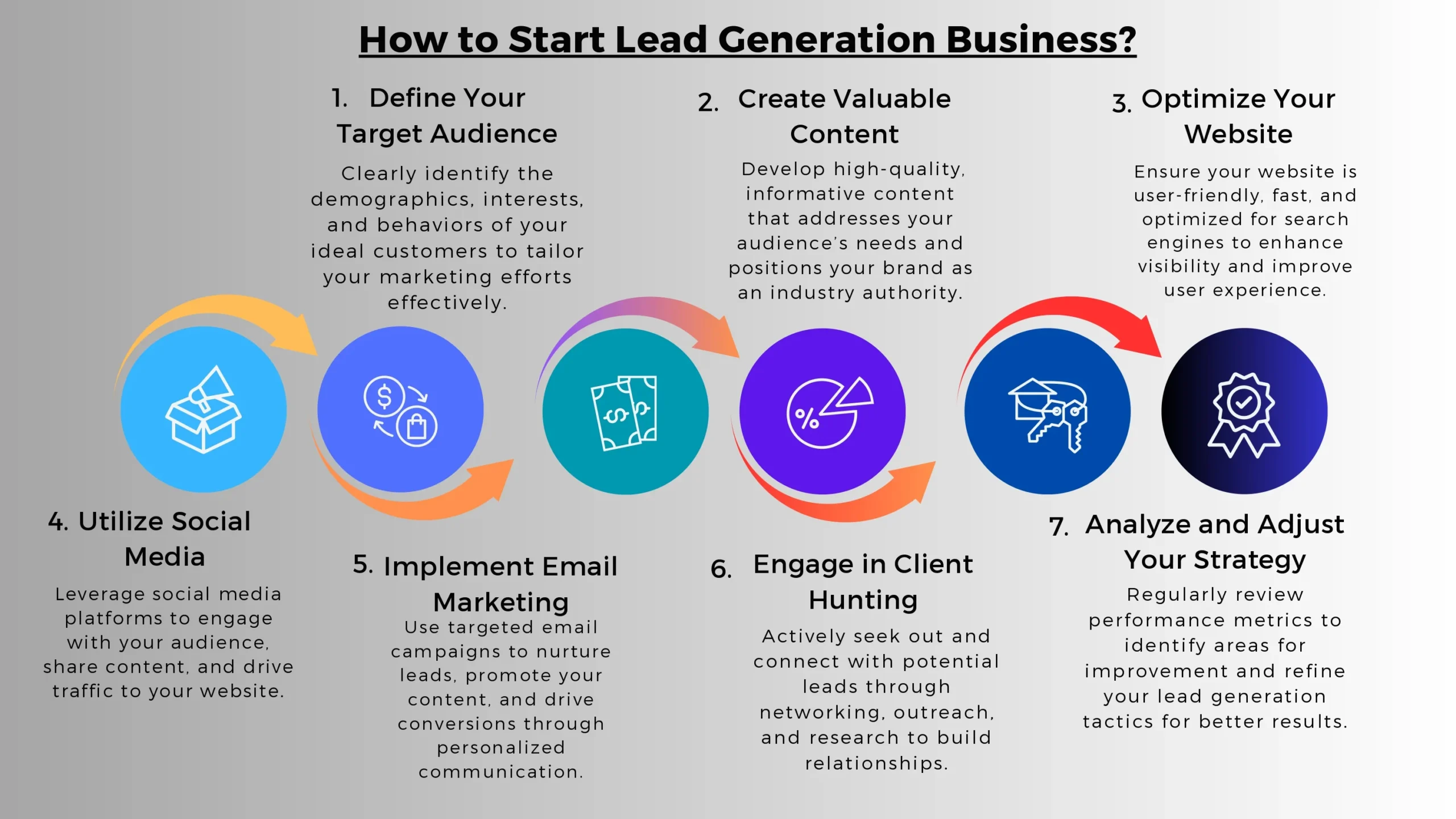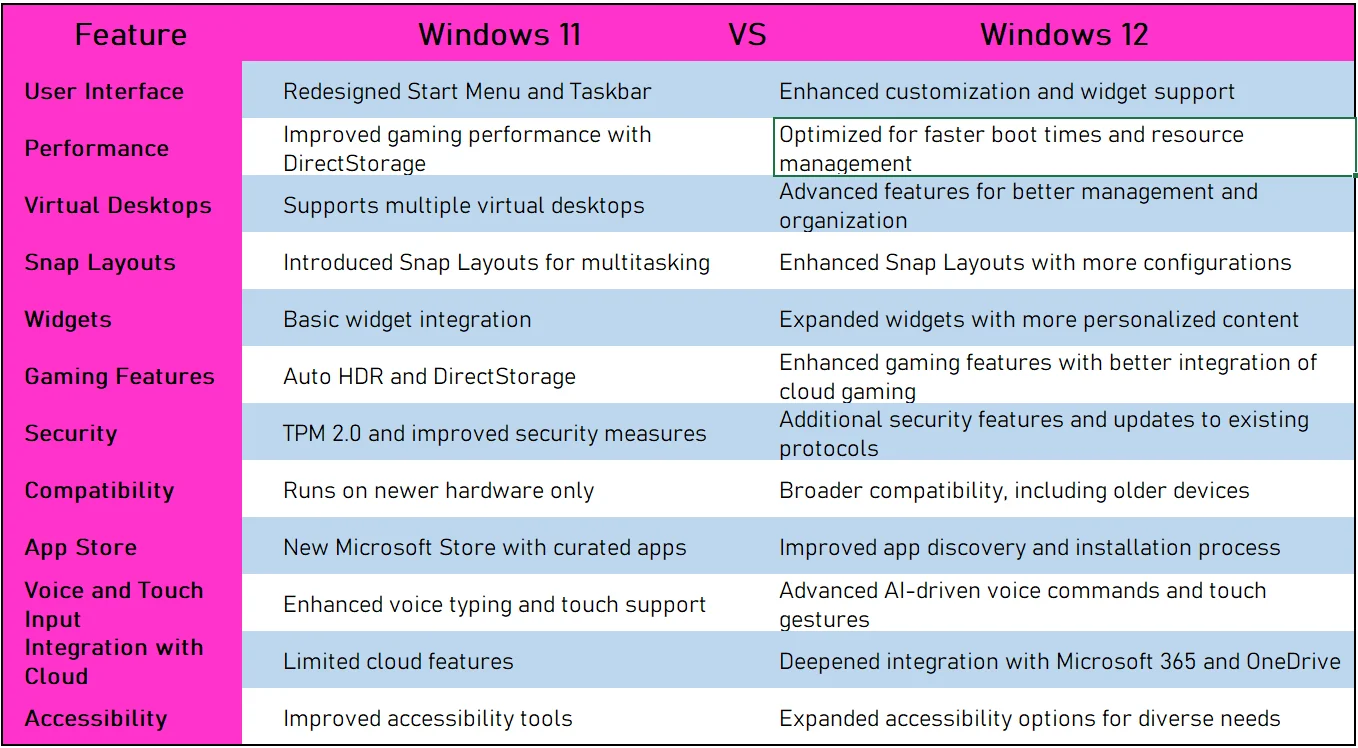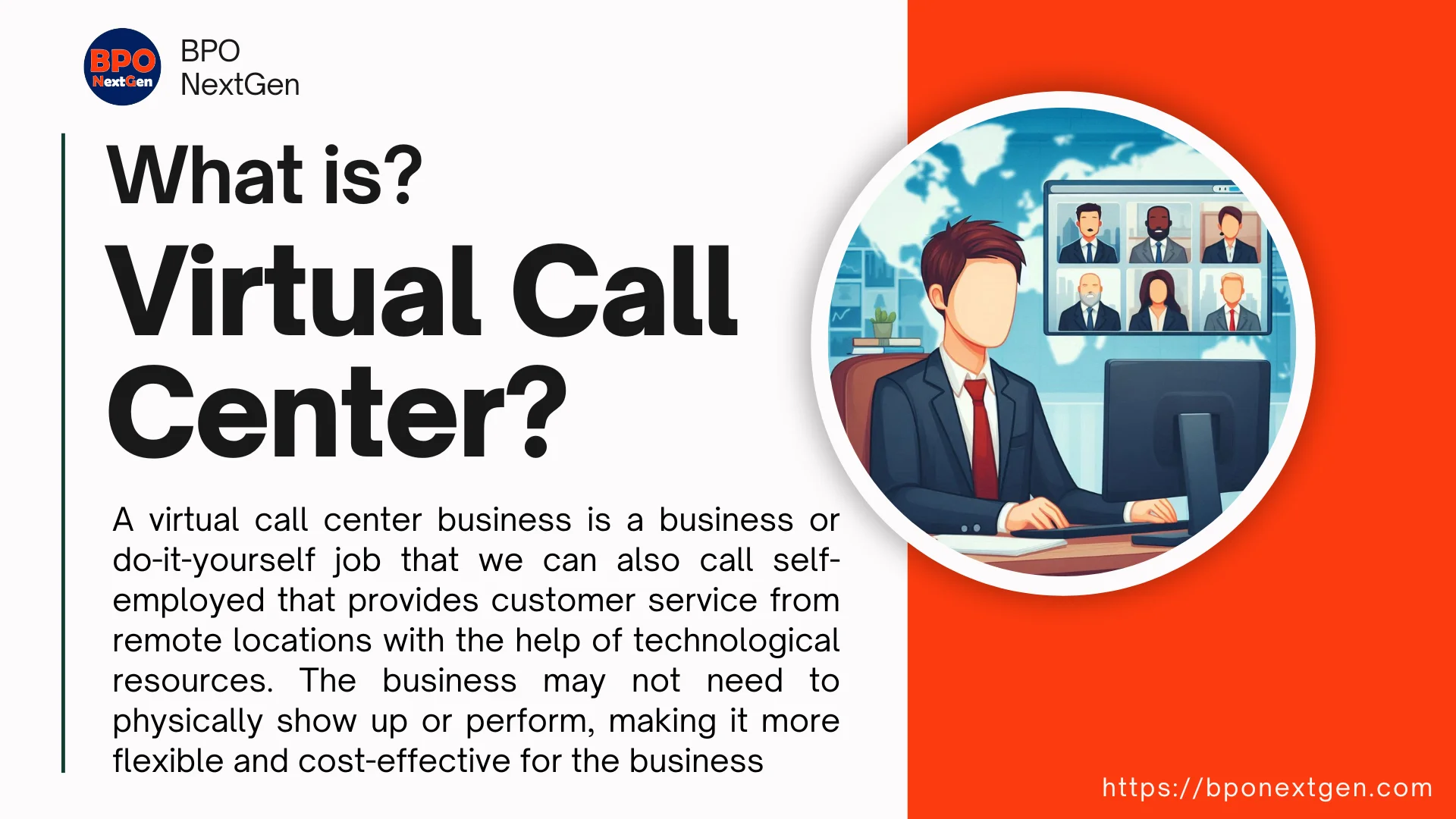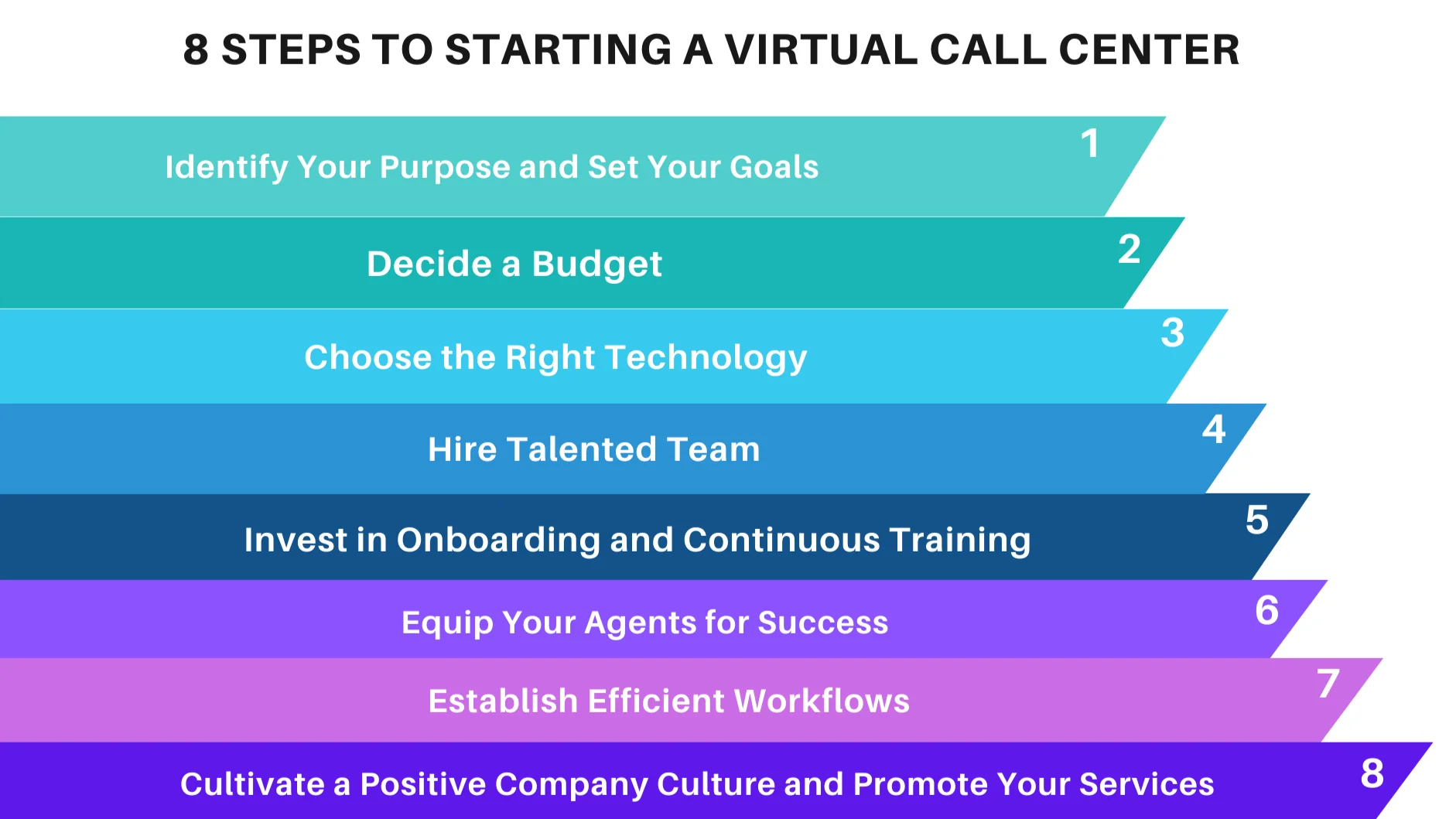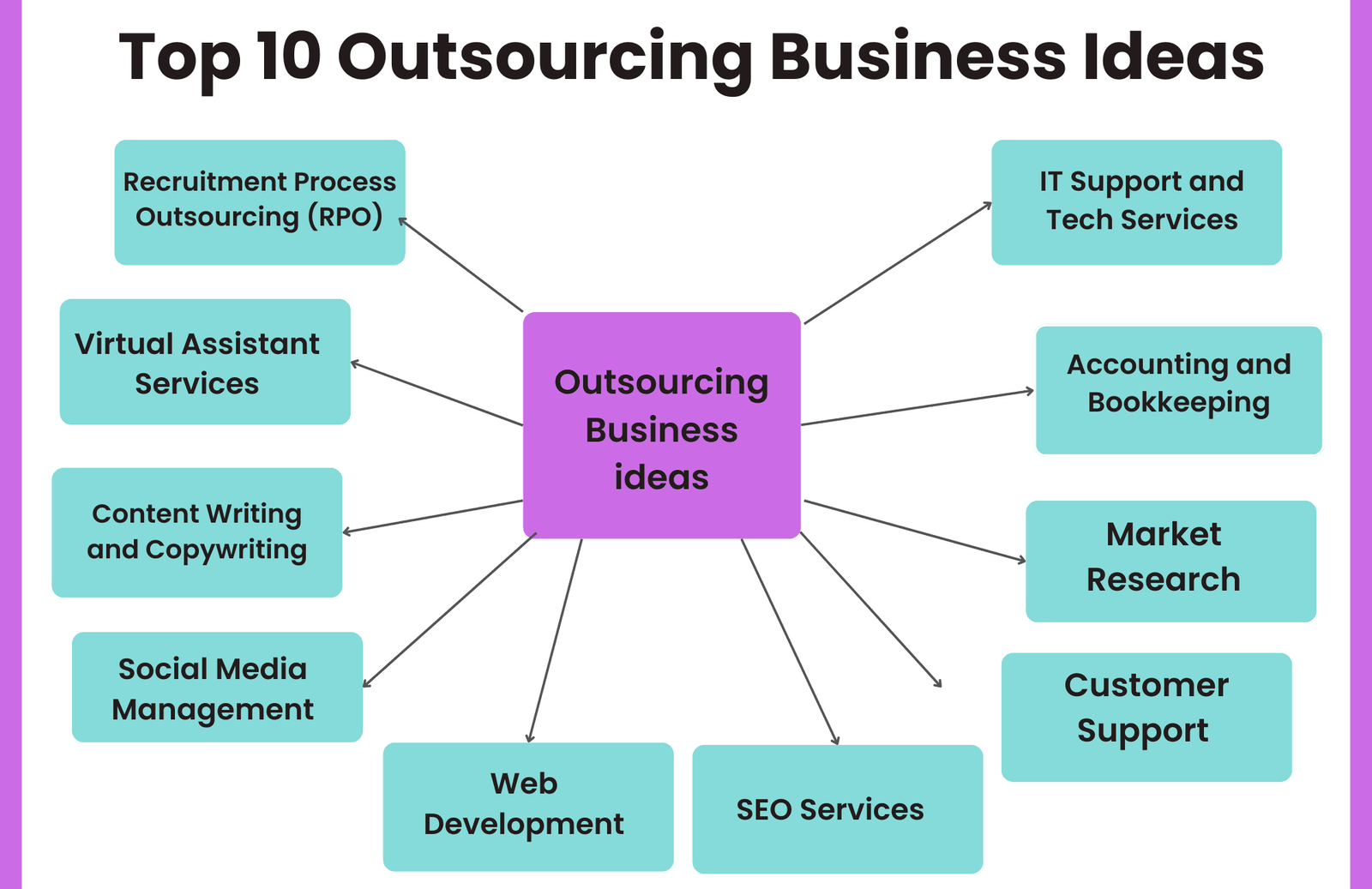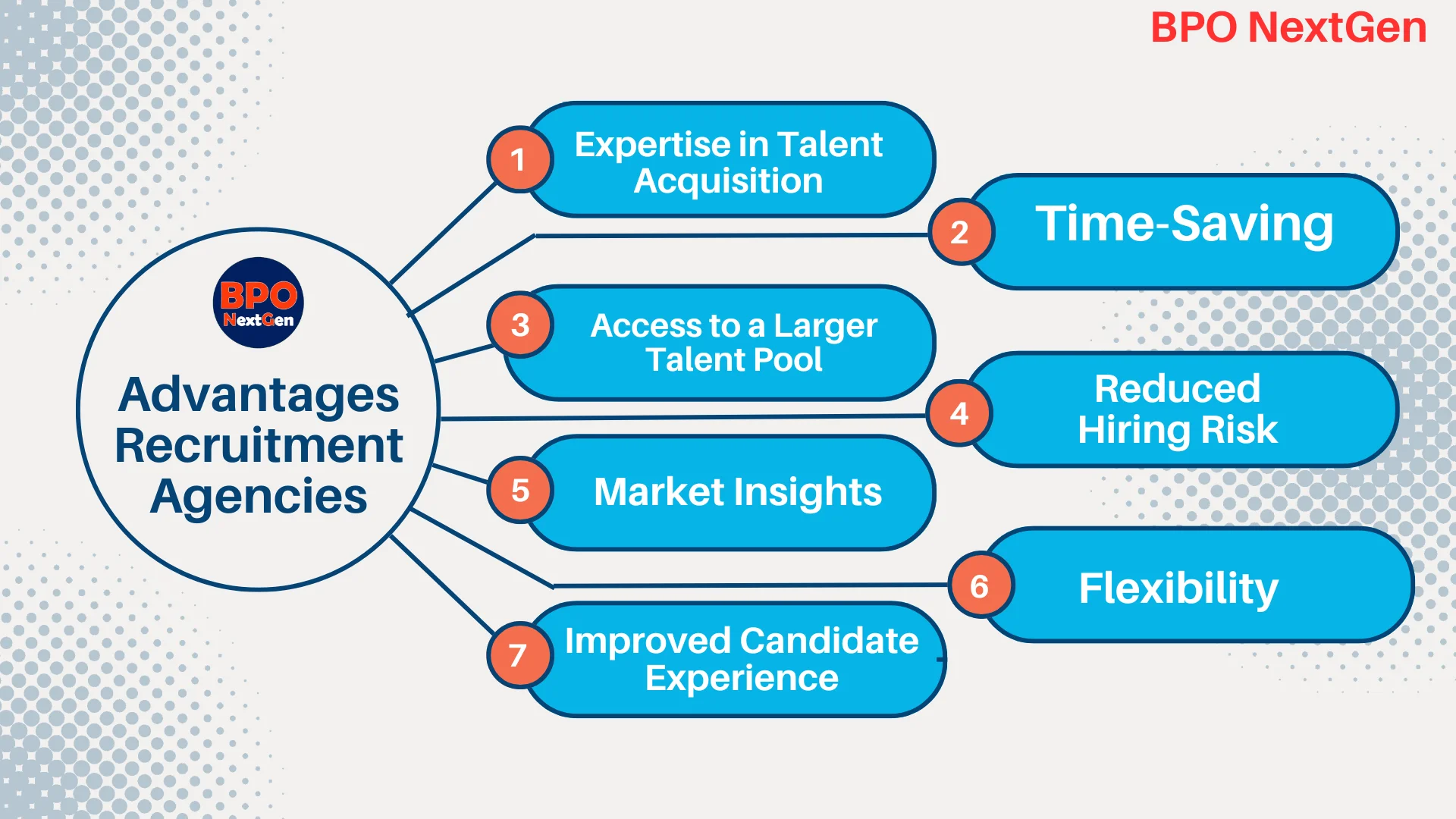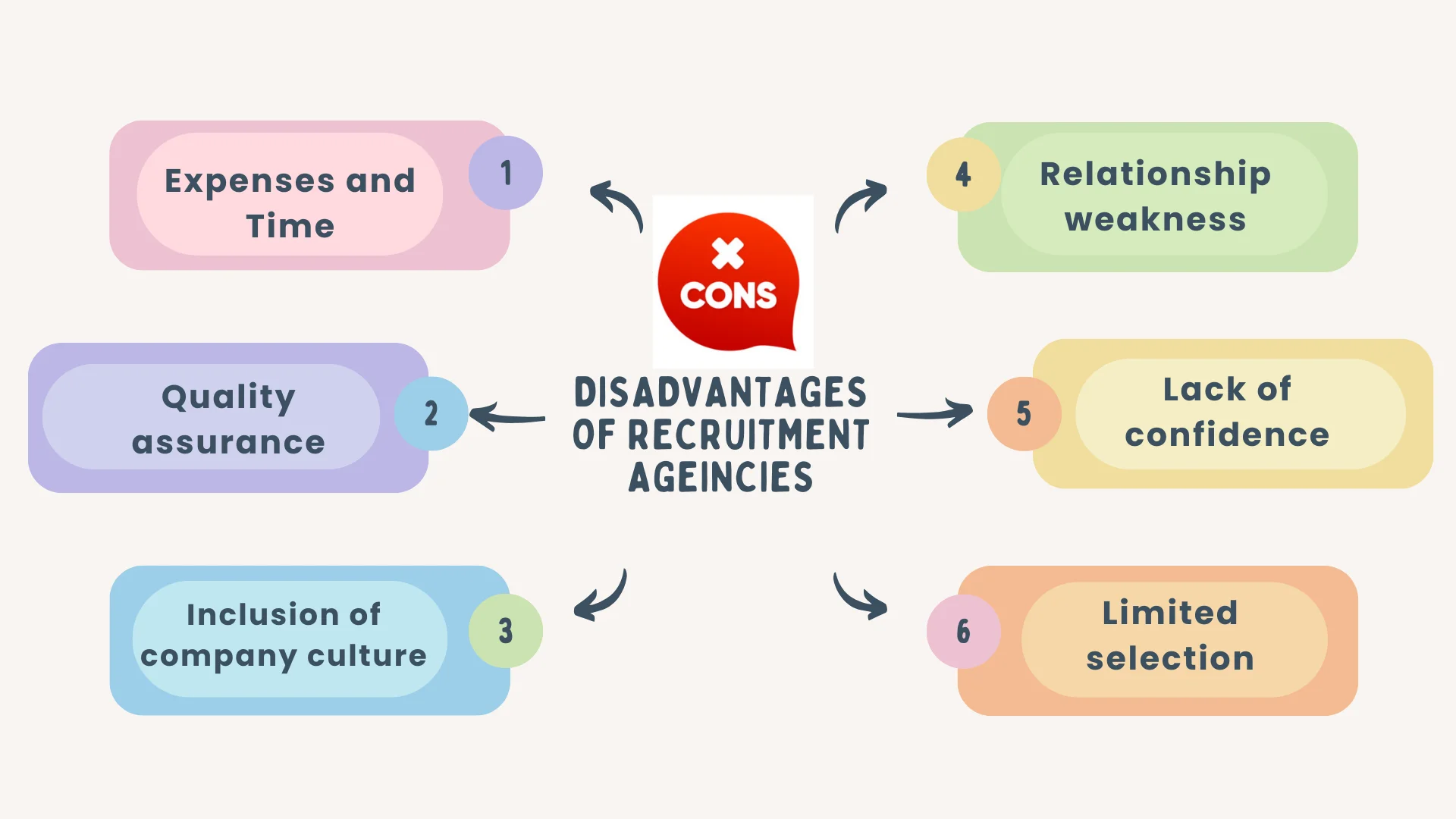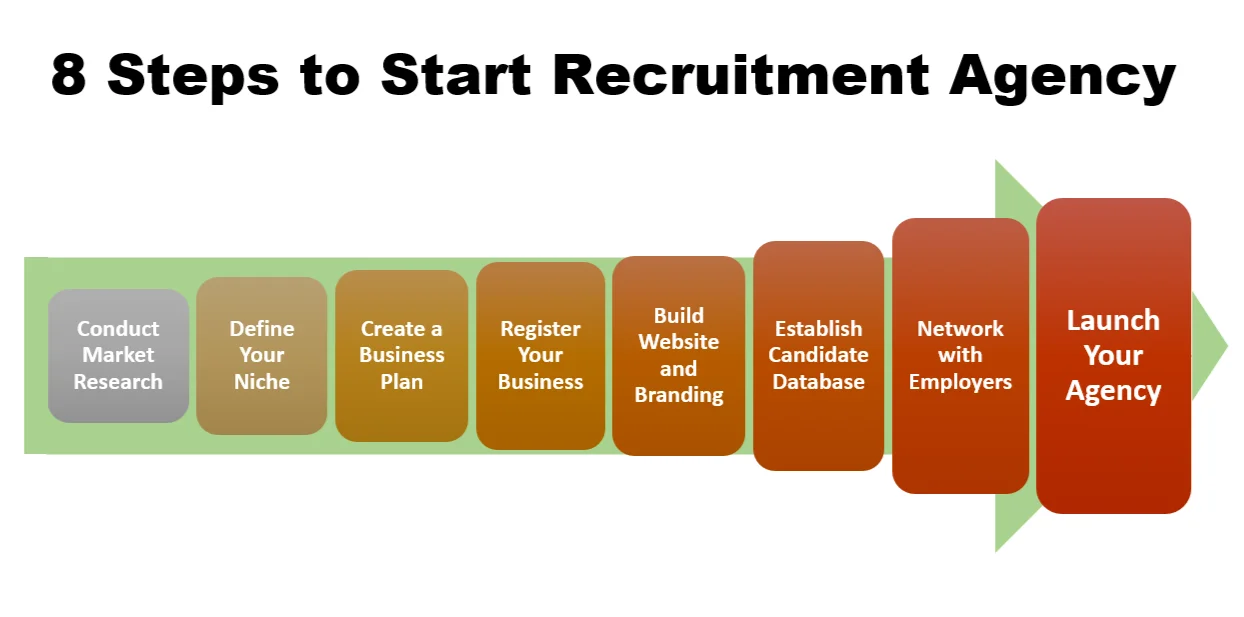
Table of Contents
ToggleWhat is BPO industry?
The Business Process Outsourcing (BPO) industry outsources services such as customer service, technical support, logistics, human resources and accounting to third-party services to companies in the same city or country. Over the years, this industry has provided cost savings and money savings to companies across various sectors, along with flexibility in performance. This is the reason why the BPO industry has developed so far. And the future of BPO industry is showing growth with time.
The BPO industry has expanded across the globe due to its affordability and flexibility of work, with many companies outsourcing their work to countries with skilled manpower for lower labor costs and greater savings. . As technology advances, the BPO sector is evolving rapidly, incorporating BPO automation and AI into its industry to handle routine tasks and offer more complex, knowledge-based services. is, making it an integral part of modern business strategy.
Future of BPO industry
The Business Process Outsourcing (BPO) industry has for many years been considered as a cornerstone of companies that has a very important role to play in the future, cost savings as well as time-bound and every-issue issues for any company using outsourcing. provides solutions from its expertise and experience and allows companies to focus on their core competencies. In today’s era, technology is growing rapidly and so companies with old ways of working are realizing ways to take advantage of it with the help of technology and outsourcing BPO. If we BPO Talking about the future of the industry, it has always been poised for significant change. We explore the factors that will shape the future of the BPO industry.
1. Automation and Artificial Intelligence (AI)
Technology has brought many changes in the BPO industry to join its growth and one of the most important changes on the horizon is the integration of automation and artificial intelligence. It outsources routine tasks, e.g. that data entry, customer service, and transaction processing. In the BPO industry these are increasingly being handled by AI-powered systems and robotic process automation (RPA). These technologies are making things even faster. It can also be done more accurately and at a lower cost than human labor, which also saves time and potentially reduces the demand for traditional BPO services.
2. Focus on Data Security and Compliance
As the digital environment has transformed business, data security and compliance have become paramount. BPO providers offer better data protection measures to their customer or the company that is outsourcing the service. and ensures compliance with and truly embraces global regulations such as GDPR, CCPA, and other data protection laws. The future of BPOs will see huge investments in cyber security infrastructure and expertise to protect client data and maintain trust.
3. Rise of Knowledge Process Outsourcing (KPO)
The future will see a huge shift towards Knowledge Process Outsourcing (KPO) as BPO focuses on routine tasks and outsources them. Outsourcing of knowledge-based processes is included in KPO, we can say that research and its development, financial analysis, legal services, and intellectual property management are all based on KPO. All this is driven by the need for a certain skill and experience which is not always available at home but has to be sought and applied in various ways. KPO is not just for common people it requires a skilled workforce as it offers high value. And makes any company a profitable segment in the wider outsourcing industry.
4. Remote Work and Geographical Shifts
After understanding the future work of BPO, many large countries that are outsourced by running the BPO industry may face competition from new regions. Because companies realize that remote work allows them to tap into talent pools from anywhere in the world or from any country offering outsourcing services. Eastern Europe, Latin America, and Africa are rapidly emerging as new outsourcing destinations, offering competitive costs and skilled labor with much more experience.
Additionally, the shift to remote work by companies located far away or in different countries has given rise to the “gig economy”, where companies outsource specific tasks to freelancers and independent contractors looking for a skilled workforce. This model offers the company cost savings and operational flexibility, allowing for a more successful future valuation of the BPO industry.
5. Personalization and Customer Experience
Customer experience has always been important for any business and so is the BPO industry. In the future BPO will focus more on customer experience which will further develop the industry. In this era of technology it includes services like data analytics, AI, and customer insights to tailor services to individual needs. For the future of BPO, companies that can offer a seamless and personalized experience can thrive in a tough market.
6. The Role of Blockchain in BPO
One such technology known for any successful development and transparency is blockchain technology, and surely this technology has the potential to revolutionize the BPO industry. Its use streamlines the process and plays an important role in enhancing customer security and improving transparency in transactions. For example, blockchain can be applied in supply chain management, contract management, and payment processing, as it outsources services and reduces the risk of fraud. Reduces and ensures that transactions are secure and verifiable.

Releated:
FAQs
The Business Process Outsourcing (BPO) industry outsources services such as customer service, technical support, logistics, human resources and accounting to third-party services to companies in the same city or country
The Business Process Outsourcing (BPO) industry has for many years been considered as a cornerstone of companies that has a very important role to play in the future, cost savings as well as time-bound and every-issue issues for any company using outsourcing.
Technology has brought many changes in the BPO industry to join its growth and one of the most important changes on the horizon is the integration of automation and artificial intelligence. It outsources routine tasks, e.g. that data entry, customer service, and transaction processing.
As the digital environment has transformed business, data security and compliance have become paramount. BPO providers offer better data protection measures to their customer or the company that is outsourcing the service.
Outsourcing of knowledge-based processes is included in KPO, we can say that research and its development, financial analysis, legal services, and intellectual property management are all based on KPO.
One such technology known for any successful development and transparency is blockchain technology, and surely this technology has the potential to revolutionize the BPO industry. Its use streamlines the process and plays an important role in enhancing customer security and improving transparency in transactions.
Related Posts










